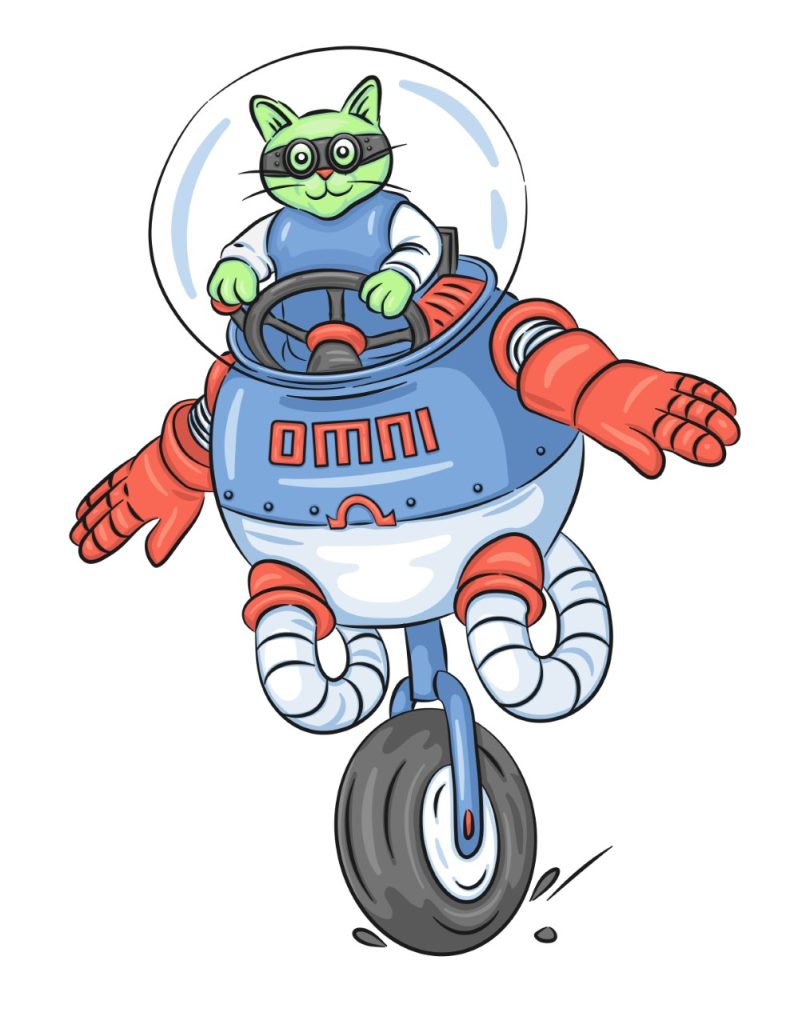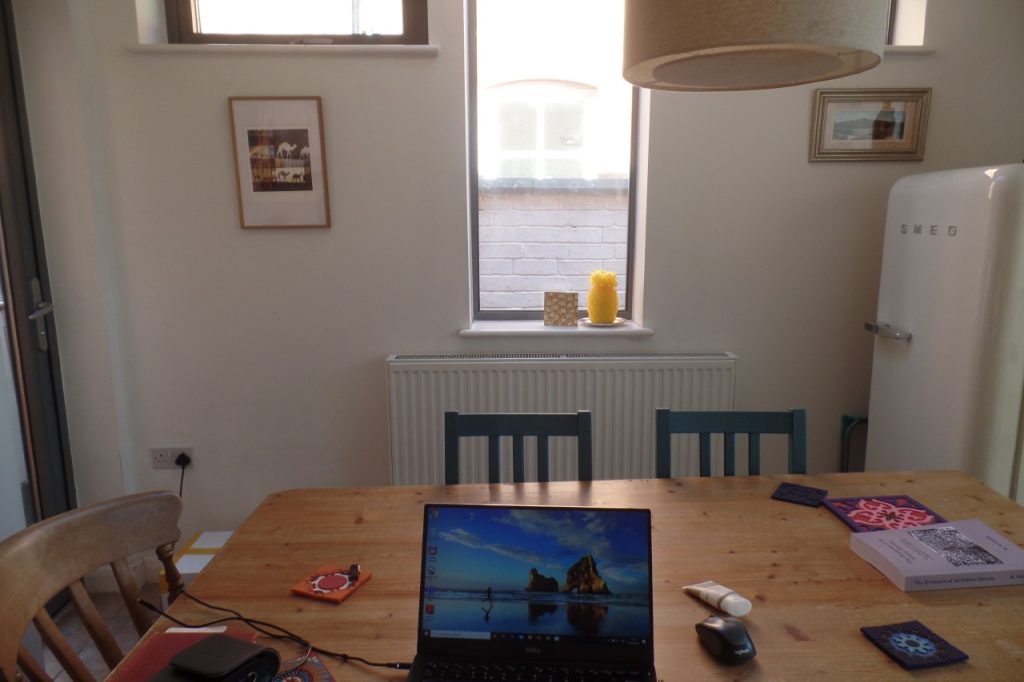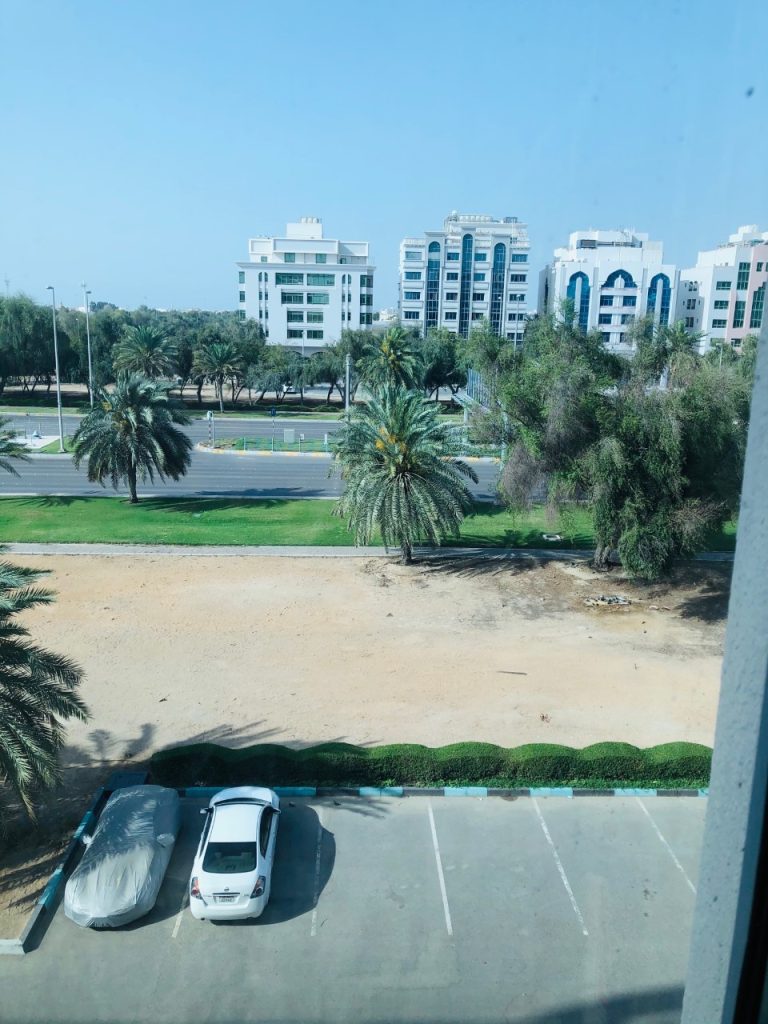One of the many challenges faced during lockdown was keeping children both educated and entertained at home. In response, LIAS worked closely with colleagues and Leicester-based artist Tom Cleaver to create a toolkit of various activities derived from research.
Plastic – Fantastic?
Activities based on research led by paleobiologist, Prof Sarah Gabbott.
Plastics were invented in the 1950s. Why do you think plastic is used so much?
- You can make plastic into lots of different shapes
- Plastic can be flexible or really hard
- Plastic is light but strong and very cheap
Activity 1
Walk around your home. Make a list of the things you can see that are made of plastic. You can draw or write the words.
Activity 2
Use things you find around your home to make a flume tank. You will need:
- A long baking pan or watertight box. Choose something as long and thin as possible. This will be your (flume) tank.
- Water
- Some sand or soil
- A few bits of manmade rubbish
- A piece of wood or plastic. You will use this to make waves.
- Fill your tank with about 5cm of water.
- Put some sand or soil on one end of the tank – this is your pretend beach or riverbank.
- Use the piece of wood or plastic to push the water up and down on one side of your tank. What do you notice about how the water moves?
- Now put some rubbish into your water. What happens when you make waves?
Think!
Researchers use a machine called a flume tank to find out how plastics move through the environment. A flume tank pushes water along a channel, along with anything in the water. It can be very dangerous for wildlife and for humans.
Coping when life is difficult
Activities based on research led by Prof Panos Vostanis (University of Leicester), Prof Linda Theron (University of Pretoria), and Dr Sadiyya Haffejee (University of Johannesburg).
Everybody feels sad, scared, or angry sometimes.
Sometimes life is extra difficult.
Children in South Africa, Kenya, and Pakistan were asked what helped them to feel strong when their lives were hard. This activity will help you think about what helps you to feel strong when life is hard.
You will need:
- paper or something to draw on
- pencils, crayons or paints
- Draw your own picture of what helps you to feel or be strong
- Think about how, and why, the thing you have drawn helps you to be strong
- Now draw things that you can do to help others to be strong
Some of the things that can help us to be strong when life is hard…
Being treated fairly, feeling safe, feeling like we belong, having structure in our lives, having a routine, strong relationships
12 ways to be resilient during a pandemic
Research derived from Dr. Michael Ungar, Canada Research Chair in Child, Family and Community Resilience at Dalhousie University.
Dr. Ungar’s work has shown that when individuals bring these experiences into their lives, they are more likely to cope with the unrelenting stress associated with crises like a pandemic.
With a long list of inspiring stories, and a talented on-air presence, Dr. Ungar reminds us that during this pandemic we need to:
- Maintain structure in our lives, which means getting up in the morning at a regular time and keeping as many routines as possible.
- Be accountable to others, whether that is by focusing on our role as a parent or helping to look after someone else’s pet if they can’t leave their home. The more accountable we feel, the easier it is to maintain our mental health.
- Invest energy in our most intimate relationships. We will need these more than ever. Take time each day to show others they matter, whether that person is a spouse, child, close friend or roommate.
- Reach out and continue to nurture social connections, whether online, or by checking in on friends and family (without getting too physically close). The more we contribute to maintaining and building connections with others, the more we will fight back against depression and anxiety.
- Take this opportunity to strengthen different parts of our identity, whether that is taking up a new hobby or simply showing others a different side of our personality. By broadening who we are, we are proving that even without a job or schooling, we still have value.
- Take control of whatever we can control. Whether that is limiting our television watching or exercising regularly, the experience of control gives us the strength to cope and to resist feelings of helplessness.
- Nurture a sense of belonging and maintain a spiritual path. Look for opportunities to express our life purpose. If you are spiritual, or affiliated with a faith community, do whatever you can to continue your spiritual practices, especially if those practices remind you that you are not alone. This is also a time to celebrate our culture. Connecting with our past will help us predict a better future despite these uncertain times.
- Exercise our rights. Whether that means asking for help from our government or ensuring we are treated fairly by our employer or landlord, we are more resilient when we insist on fair treatment and take responsibility for ourselves and others.
- Look after our basic needs. Put our house in order. Rearrange the furniture. Clean out closets. Review our bank statements. Do our taxes. The more parts of our life we put in order, and the more our basic needs are taken care of, the more secure we will feel.
- Take care of our physical health. Stay as active as we can. This will lift our mood and prevent health problems that are unrelated to the pandemic.
- When possible, stabilize our finances. Make a plan for how we will get through this time of economic uncertainty. Reach out for help from our family, our bank, government or local not-for profit if we are financially in crisis.
- Think positive thoughts. Avoid catastrophic thinking by reading and watching things that lift our spirits. Talk to others about how we feel. Do whatever it takes to stay hopeful. Be grateful for anything that is going well, no matter how insignificant it may seem.
Windows Worldwide
Thanks to technology we are able to stay connected by sharing our experiences. This activity highlights the global scale of lockdown. We got in touch with our global partners Dr. Edris Alam (Abu Dhabi), Prof Ruth Young (UK), and Dr Jiamiao Hu (China) to contribute photos of their window views.
- What can you see from your window?
- How is it different to the images below?
- Can you compare and contrast the views?










